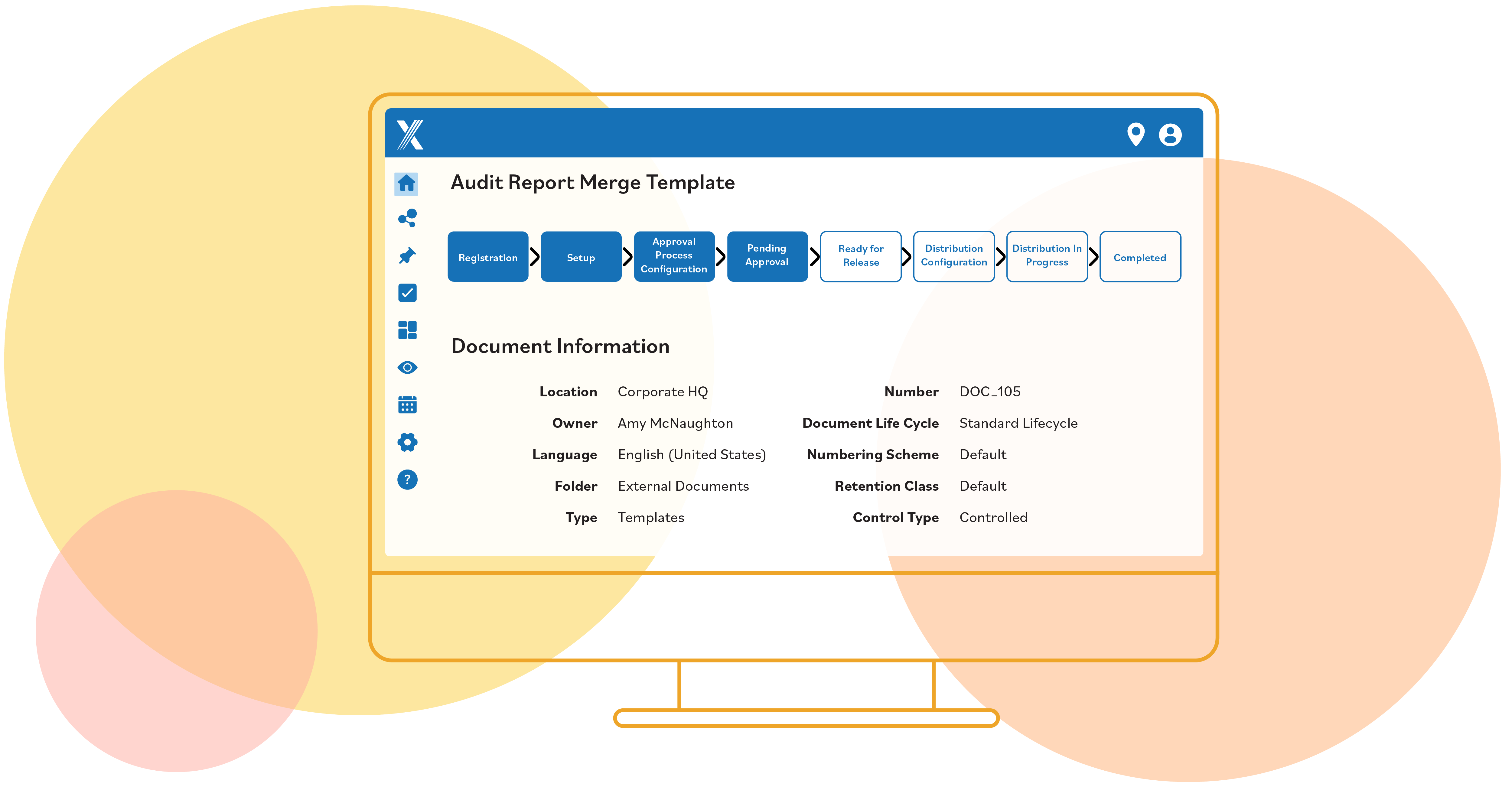How AI Simplifies ESG Compliance for Better Business Impact
March 30, 2021

Today’s organizations are part of a dynamic marketplace undergoing seemingly constant disruption. While some of these disruptions, such as the COVID-19 pandemic, will produce times of crises, others will be the catalyst to monumental positive change.
Over the last few years, organizations have started to look beyond profit as the primary motivation for doing business to the possibility of having a positive impact on society and the environment. To this end, ESG (environmental, social and corporate governance) has become the foundation upon which many organizations and their customers see strategic decisions regarding investment and innovation being made.
However, ESG comes with a number of complex obstacles for implementation. This is where ehsAI’s artificial intelligence and deep learning solutions can make a critical difference.
What is ESG?
Historically, organizations made investments based on the likelihood of high financial return. In the last 20 years, increasing awareness of the environmental impact of business, the ethics of global supply chains and the general demand for sustainable business practices that contribute to equitable human development have become critical priorities for consumers, who demand greater accountability from the businesses they support.
This has been articulated in a number of strategic blueprints and frameworks, most notably the United Nations Sustainable Development Goals (SDGs) from 2015, which provide clear goals that organizations can use as the basis for their strategic investments and operational decisions. Additional frameworks and regulations, such as SASB (Sustainability Accounting Standards Board) for developing common sustainability accounting standards and the EU Taxonomy Regulation for creating a common classification system and vocabulary for sustainable investment activities, are helping to establish a more consistent and rigorous approach to ESG.
Why is ESG Important?
ESG issues have become a critical component for any organization looking to thrive and innovate in the twenty-first century. According to Reuters, the market demand for sustainable and responsible investment has driven the value of funds focused on ESG issues to $1.7 trillion as of January 2021. Current research suggests that organizations with highly favourable ratings for ESG performance are more profitable and less prone to volatility.
Further, according to a four-year study by the Principles for Responsible Investment (PRI), the United Nations Environment Programme Finance Initiative (UNEP FI) and The Generation Foundation, incorporating ESG issues into the regulatory concept of fiduciary duty is now considered to be critically important, and organizations that fail to do so could be subject to legal challenges.
Why is ESG Difficult to Implement?
With the proliferation of standards, regulations and frameworks for ESG, the burden for organizations to understand their expectations and responsibilities becomes heavier every day. This means coming to terms with a body of documented information consisting of thousands of pages of text.
For the most part, this work is done manually, with teams of subject-matter experts reading standards, regulations and other document types to extract relevant information. While this process has been generally effective until now, the sheer volume of documentation organizations must deal with has made it impossible to maintain. Manual, human-based processes are time-consuming, lengthy, expensive and prone to error and bias.
How ehsAI Can Help Meet ESG Requirements
ehsAI can help organizations overcome all these difficulties. By using artificial intelligence (AI), deep learning and natural language processing (NLP), ehsAI can read thousands of documents to extract relevant concepts and terms to create a consolidated, structured output that lists all the ESG requirements an organization must meet.
As a result, subject matter experts who need to understand ESG requirements can synthesize vast quantities of data that would take weeks or even months for human readers to wade through. The process is faster, less expensive and completely free from the bias and error that can plague traditional manual processes.
AI solutions hold the key to taking ESG requirements and reporting to the level at which they can make a truly significant impact on both society and the financial results of organizations. By collecting historical data to create intelligent contracts and predictive reports, AI can help organizations create sustainable and profitable change that meets investor demand and provides business resiliency in an increasingly dynamic world.
Contact ehsAI today to begin your ESG journey.





